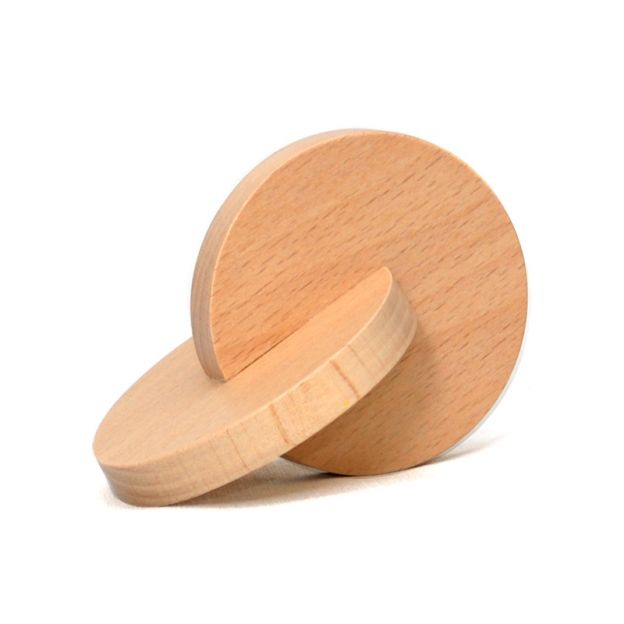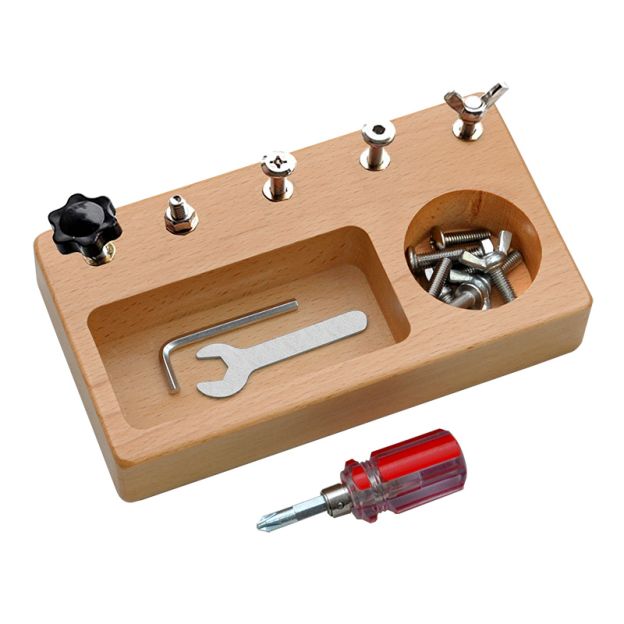Montessori education has gained significant popularity in recent years due to its innovative approach to early childhood learning. Central to this educational philosophy are Montessori materials, which play a crucial role in creating a stimulating and engaging learning environment. In this article, we will explore the trendy appeal of Montessori materials and their impact on a child's development.
Creating a Sensory Experience:
One of the key aspects that sets Montessori materials apart is their emphasis on providing a sensory experience for children. These materials are designed to engage multiple senses, allowing children to explore and learn through touch, sight, and even sound. From the smooth texture of wooden puzzles to the vibrant colors of counting beads, each material offers a unique sensory experience that enhances the learning process.

Promoting Independent Exploration:
Montessori education places great importance on fostering independence in children. The carefully curated Montessori materials are designed to promote self-directed learning and exploration. By presenting materials in an organized and accessible manner, children are encouraged to select materials based on their interests and engage in independent learning activities. This approach nurtures a sense of autonomy and self-confidence in young learners, as they actively participate in their own educational journey.
Enhancing Fine Motor Skills:
Fine motor skills development is another area where Montessori materials excel. Activities such as threading beads, using tweezers to transfer objects, and manipulating puzzle pieces contribute to the refinement of hand-eye coordination, finger dexterity, and concentration. These skills are not only essential for academic success but also for everyday tasks like writing, drawing, and self-care. Montessori materials provide a trendy and effective way to enhance fine motor skills while keeping children engaged and entertained.

Encouraging Cognitive Development:
Montessori materials are carefully designed to support cognitive development in children. The materials are structured to introduce abstract concepts in a concrete and tangible manner. For instance, the use of number rods and sandpaper numerals helps children understand mathematical concepts by physically manipulating objects. Similarly, the pink tower and brown stairs materials introduce spatial awareness and size discrimination. By engaging with these materials, children develop critical thinking skills, problem-solving abilities, and a strong foundation for further learning
Nurturing Concentration and Focus:
In today's fast-paced world, cultivating concentration and focus is becoming increasingly challenging for young children. Montessori materials offer an effective solution by providing activities that captivate children's attention and encourage prolonged periods of engagement. The carefully designed materials offer just the right level of challenge, allowing children to immerse themselves in the learning process without feeling overwhelmed. This not only enhances their ability to concentrate but also instills a love for learning and a sense of accomplishment.

Conclusion:
Montessori materials have become a trendy choice for early childhood education due to their ability to provide a sensory experience, promote independent exploration, enhance fine motor skills, encourage cognitive development, and nurture concentration and focus. These materials play a pivotal role in creating a stimulating and engaging learning environment, fostering a love for learning in young children. Incorporating Montessori materials into early childhood education has proven to be an effective and trendy approach to prepare children for lifelong learning and success.




No comments:
Post a Comment